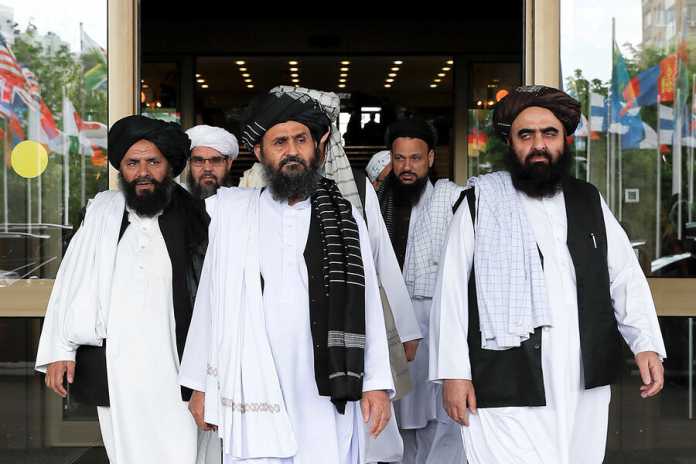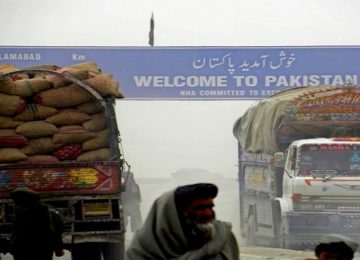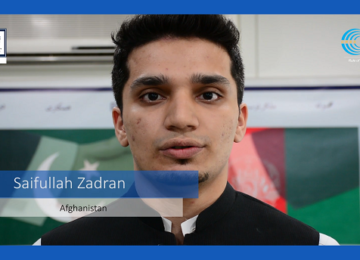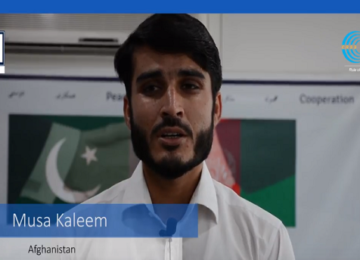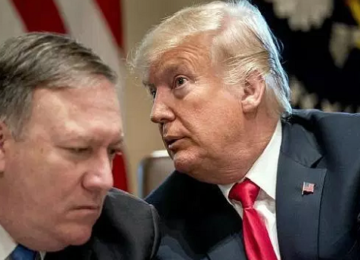As the Taliban expedite regressive measures to pull back all the modest but relatively significant progress Afghanistan made in the last two decades, the international community stands flummoxed and disappointed with the de facto rulers, unable to fathom the future course of action.
The direction in which Afghanistan is going is heartbreaking. So, no road map ends up in this place that we would have ever wanted: the statement came from Karen Decker (United States Deputy Chief of Mission in Afghanistan) at a recent press conference.
The Taliban have received substantial traction from world leaders. There have been ample attempts to talk to the ruling group about upholding human rights, eradicating terrorism, and ensuring social welfare.
The de facto rulers have been expecting the world and their people to look at them with a softer lens, but the reality is that they have not changed themselves. They were referred to as Taliban 2.0 when Abdul Qahar Balkhi (spokesperson for the Foreign Ministry, Islamic Emirate of Afghanistan) appeared in an interview on Al-Jazeera. Balkhi, with his impeccable diction and tribal attire, made an impression that the Taliban can speak the West’s language but still retain their individuality.
The status quo suggests they are fluent in English, but certainly not 2.0.
On the parochial and orthodox measures taken since August 15, 2021, and their most recent decision to close higher education institutions for girls, the Taliban have received severe backlash from the international community. The recent – acrid yet factual – critique on the Taliban comes from Karen Decker, the Chargé d’Affaires of the U.S. Mission to Afghanistan. Decker spoke to the media on the Taliban’s unity versus disintegration of the Afghan political opposition parties, the hardliner Qandahar group, and the plight of human rights in the country.
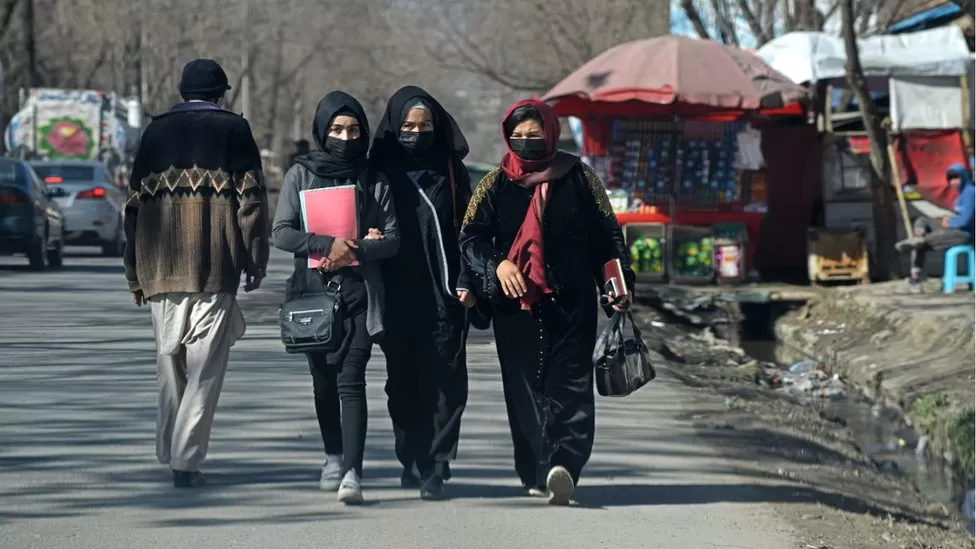
Decker said that the US has been talking to the Taliban for months at very senior levels of the Taliban, but Qandahar has remained non-communicative, and it seems that it likes to stay so with the rest of the world. “Unfortunately, they have chosen that destructive course. We have warned and not just the United States, truly, the international community has messaged for months that there would be disastrous consequences for making a decision (women’s education and employment) this sweeping and this in this completely incomprehensible decision”, she said.
The diplomat further stated that the Taliban’s decision to take women off the table is poor judgment, especially for a country that needs every ounce of the capability to run the wheel.
As per Decker, the Taliban can not go forward as usual with the U.S. and expect to be treated as a responsible partner when they take illegitimate decisions that are detrimental to the entire population of Afghanistan – and given their aberrant tendencies, Taliban need to be prepared to be as isolated.
She ensured that the U.S. would continue providing humanitarian assistance to people in Afghanistan who need it and that it (the U.S.) cannot withhold food from starving children to make a political point.
On Washington’s talks with the opposition groups, the deputy said that no Afghan wants violence in Afghanistan and that the true path to resolving the current situation is through dialogue, not violence. “…groups that are espousing violence are doing so because they feel they have no other choice, not because they want to add to the suffering of the Afghans”, stated Decker.
Decker opined that she does not see a near-term possibility of Taliban representatives and non-Taliban Afghans sitting down to talk about a political roadmap for the future.
She also thinks that since Qandahar has the actual agency in decision-making and though many find its approach unpleasant, the stakeholders (in the West) need to find a way to engage with the hardline group. Furthermore, Decker thinks that the Afghan diaspora could help immensely in harmonizing the situation instead of fighting over who should be in charge.
She stated that Washington hopes to see Afghans organizing themselves and promoting dialogue with the Taliban. “And we will continue to emphasize to the Taliban that they should engage in dialogue too. But right now, I think we have very strong positions at opposite ends of the political spectrum. And it’s hard to find common ground when people are standing so far apart”, said Decker.
She added that the Taliban’s wish to gain legitimacy is a good goal but they have to meet the standards set by the international community, i.e., have to be accepted by their people and legitimately represent all Afghans but that is not the case for now.
“There are a lot of things they want from the international community, but none of these things come without conditions or requirements that the republic understood. And while we can argue about whether the republic met all of these conditions, that doesn’t matter today when the Taliban is meeting none of them, the independence of the central bank, the fundamental human right of every person to get an education.”, said the envoy.
Decker sees the Taliban as more united than the opposition but thinks that they are living in a fantasy of having defeated the West and therefore because the fighting has ended, everyone should be happy with them. “Government doesn’t stop when the fighting stops. That’s when the government starts actually”, she said.
The diplomat also opined that the Taliban should be gravely concerned about the issue of terrorism. “In Herat dialogue two weeks ago at Dushanbe…speakers from several international countries all said the same thing that terrorism was a concern. And these speakers came from the United States, Russia, Iran, and Pakistan. And when you have those four countries all saying the same thing, I sure hope the Taliban are listening…I think security is a concern for all of us, and I would point back to the fact I think the Taliban may be. Overestimating the strength of their victory and – thinking that security is fine in Afghanistan when there are attacks that kill foreigners every week”, she underscored.
She concluded that the United States wants to be able to prevent (the crisis) in the future. But there are no key players (among the Taliban) in this whole puzzle willing to talk to their adversaries, and they certainly do not have too many friends. However, there is a regional consensus on the need for dialogue and inclusivity.
December 29, 2022
Courtesy: Matrix Media
by Elsa Imdad



